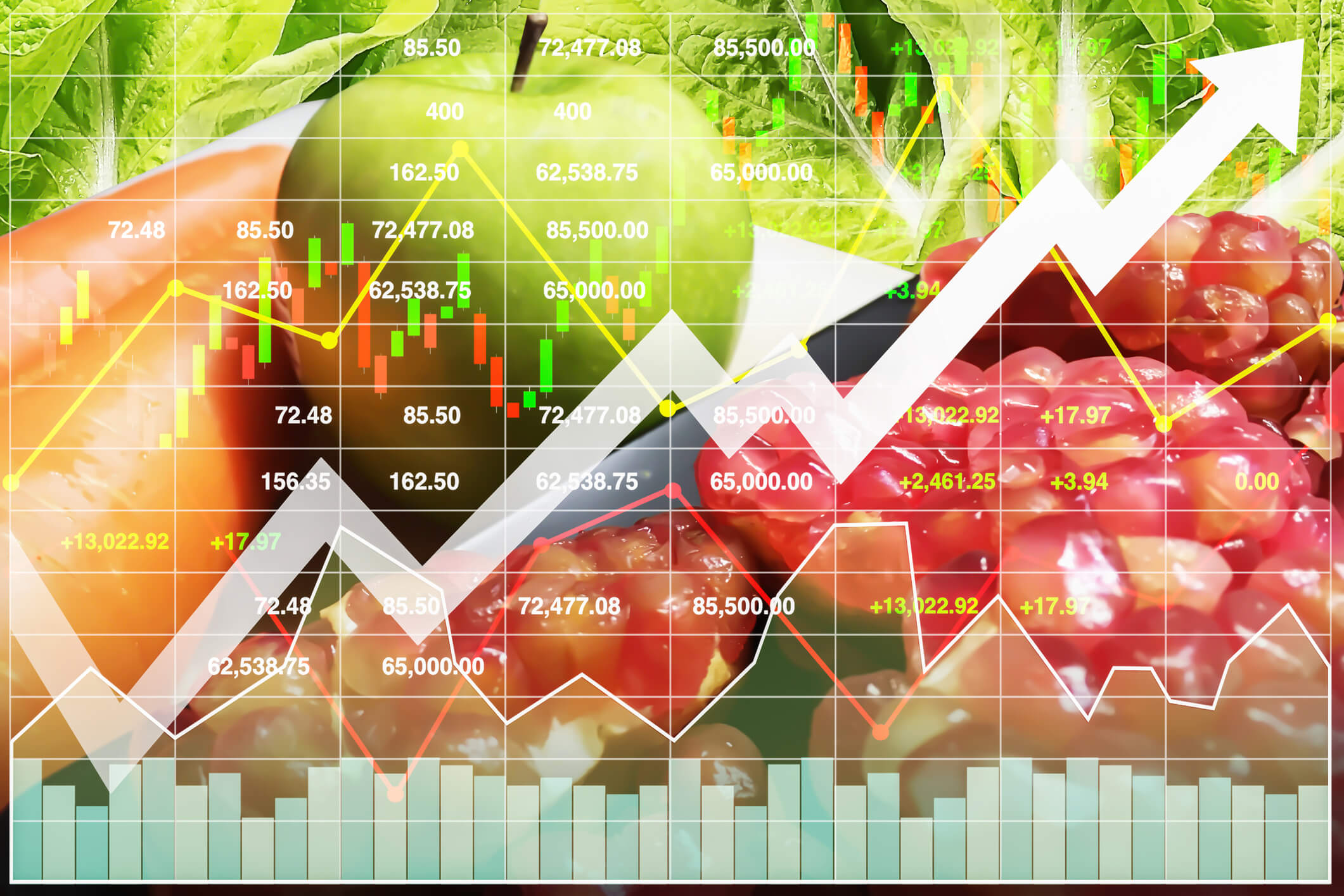If you have been to the grocery store, you’ve no doubt noticed food prices have steadily risen during this pandemic. The reason behind this is not just essential supply and demand. For the most part, the brands are trying to cover up the losses they suffered in the last few years.
COVID-19 has created some supply chain issues, but some other costs associated with Covid-19 impact and drive prices. Grocery shop receipts are showing some eye-popping numbers. Since February 2021, the Federal Bureau of Economic Analysis notes a sharp increase in food prices. For instance, beef and veal prices are up 20.2%, eggs 10.4%, poultry 8.6%, and pork 8.5%.
The staggering price increase can also contribute to COVID-19 infections at processing plants and protocols at those companies to limit employee exposure, resulting in less supply. On the other hand, grocers are also spending a fortune hiring employees, sanitizing carts, and providing barriers for cashiers – it all adds up to the customer’s bill. That means stores now have less money to spend on paper coupon ads and have saving circulars, promoting more contact touching.
Undoubtedly, food prices are at their highest level in more than six years, driven by crop growth from soybeans to corn. High prices occur when there is strong demand from China, poor weather, and supply chain issues. It is a challenge for economists and central bankers but has political implications. Three of the nations where we see a surge in food prices are Nigeria, Brazil, and Russia. These are some of the most populous nations globally, large middle-income economies where food makes up a larger share of consumer spending. Significant middle income is where governments might be under more pressure to act to stem the impact of price increases.
Nigeria
Nigeria’s food prices rose the fastest in over 12 years in January. People needed help to afford even the most basic household items in their desired quantity. An average Nigerian household spends over 50% of its budget on food. The price hikes follow a perfect storm of food security challenges, from supply bottlenecks to terrorist attacks on farmers. 
Land border closures led to shortages of staples like rice, and the plunge in the oil process dried up foreign currency reserves needed to import goods. Food-related grievances also played a role in sustaining the #EndSARS protest in the fall. What first started as demonstrations against police brutality turned into the looting of warehouses, storing things like noodles, rice, and pasta.
Russia
Memories of soaring prices and empty shelves after the Soviet Union collapse remain vivid for many Russians. Recently, the world’s number one wheat exporter imposed tariffs and quotas to curb sales abroad and lower domestic prices. Russia’s most prominent retailers were also ordered to freeze some food prices, with potato and carrot prices up by more than 1/3 from last year. The worry is that such limits could backfire and fuel overall inflation when restrictions lifted.
Brazil
After the pandemic, the price of food became absurd – bakery, greenery, fruits, everything. Among emerging markets, Brazil saw the fastest increase in food prices in the past year relative to overall inflation. Rice prices jumped 76% last year, while milk and beef soared more than 20%. The cost of securing vital nutrition threatens to widen inequality in a country with an enormous income gap in Latin America, a situation that is only exacerbated by the pandemic.
Bottom Line
COVID-19 has made it difficult for people to purchase everyday household items and food. With the vaccination process started in some parts of the world, we can only hope that things will return to normal in a few years. Until then, consumers can plan their meals to save money and buy necessary items. Buying expensive generic brands will only make things more difficult for them.
 About Complete Controller® – America’s Bookkeeping Experts Complete Controller is the Nation’s Leader in virtual bookkeeping, providing service to businesses and households alike. Utilizing Complete Controller’s technology, clients gain access to a cloud platform where their QuickBooks™️ file, critical financial documents, and back-office tools are hosted in an efficient SSO environment. Complete Controller’s team of certified US-based accounting professionals provide bookkeeping, record storage, performance reporting, and controller services including training, cash-flow management, budgeting and forecasting, process and controls advisement, and bill-pay. With flat-rate service plans, Complete Controller is the most cost-effective expert accounting solution for business, family-office, trusts, and households of any size or complexity.
About Complete Controller® – America’s Bookkeeping Experts Complete Controller is the Nation’s Leader in virtual bookkeeping, providing service to businesses and households alike. Utilizing Complete Controller’s technology, clients gain access to a cloud platform where their QuickBooks™️ file, critical financial documents, and back-office tools are hosted in an efficient SSO environment. Complete Controller’s team of certified US-based accounting professionals provide bookkeeping, record storage, performance reporting, and controller services including training, cash-flow management, budgeting and forecasting, process and controls advisement, and bill-pay. With flat-rate service plans, Complete Controller is the most cost-effective expert accounting solution for business, family-office, trusts, and households of any size or complexity.



